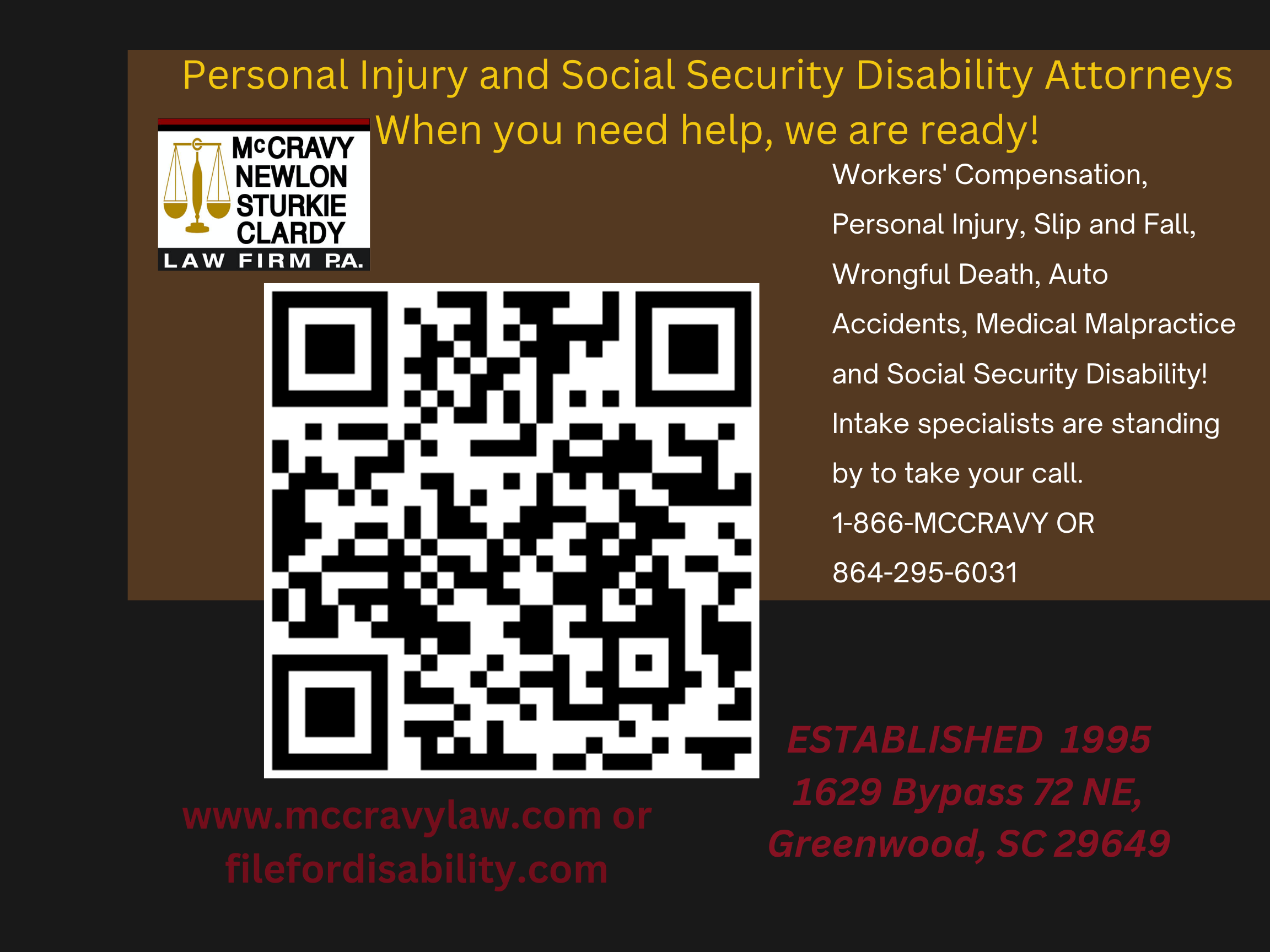DHEC offers free resources to help South Carolinians quit tobacco use in the New Year
January 2, 2017The New Year offers the perfect opportunity for tobacco users to quit and the S.C. Department of Health and Environmental Control (DHEC) is helping tobacco users kick the habit, for good. No matter what stage of the quit process you are in the South Carolina Tobacco Quitline can help.
“It’s never too late to quit smoking or using tobacco because it reduces risk of heart and lung disease, cancer and other illnesses,” said Sharon Biggers, director of DHEC’s Division of Tobacco Prevention and Control. “Research has shown it takes multiple attempts for smokers to quit for the long-term, and DHEC has tools to help South Carolinians be successful.”
The DHEC-administered S.C. Tobacco Quitline features free one-on-one telephone coaching, web-based and text message support, assistance in developing personalized quit plans, and free nicotine replacement therapy such as patches, gum and lozenges to eligible callers.
“For a decade, the S.C. Tobacco Quitline has provided free tobacco treatment and cessation counseling services to nearly 100,000 tobacco users in South Carolina,” said Biggers. “Our agency is committed to promoting and protecting the health of all South Carolinians by helping tobacco users quit, preventing tobacco use and reducing the exposure to secondhand smoke.”
The S.C. Tobacco Quitline operates 24 hours a day, seven days a week with the ability for individuals to enroll online. Services available to enrolled callers include a Quit Kit and one-on-one sessions with a trained quit coach.Enrolled callers who are uninsured, underinsured, are on Medicare or Medicaid, or are under age 18 are eligible for up to five sessions with a quit coach, and enrolled pregnant/postpartum tobacco users can get up to 10 free sessions.
Call the S.C. Tobacco Quitline at 1-800-QUIT-NOW (1-800-784-8669). For services in Spanish, call 1-855-DÉJELO-YA (1-855-335-3569).
10 Years of Quitline Success:
- 110,841 calls received
- 37% had no health insurance
- 21% had Medicaid
- 32% remained tobacco-free after 7-months
- 52% were tobacco users with a chronic condition, such as asthma, COPD, diabetes, coronary artery disease or cancer
- 45% had a co-occurring mental health condition, like depression or anxiety, or a substance use disorder














